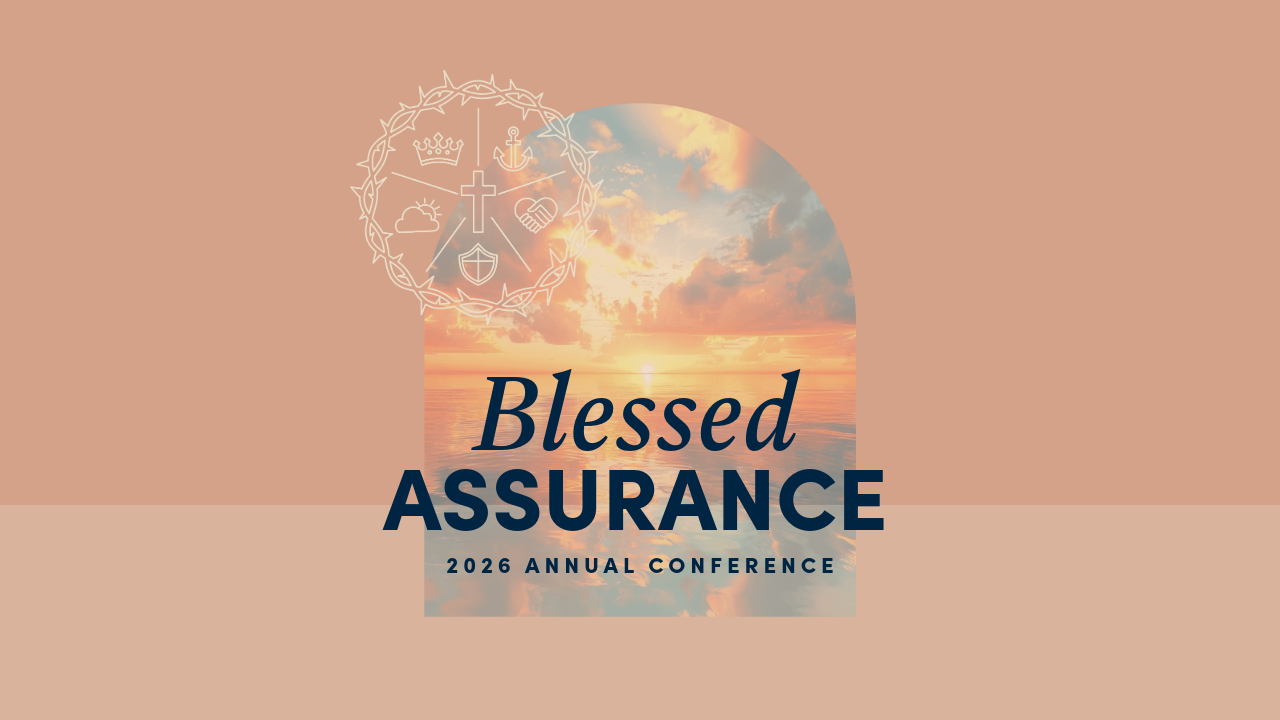
Join us for our Annual Conference: Blessed Assurance
On January 23–24, WSC invites Christians from every walk of life to join us for two days of biblical teaching, encouragement, and refreshment.
Learn More
On January 23–24, WSC invites Christians from every walk of life to join us for two days of biblical teaching, encouragement, and refreshment.
Learn More